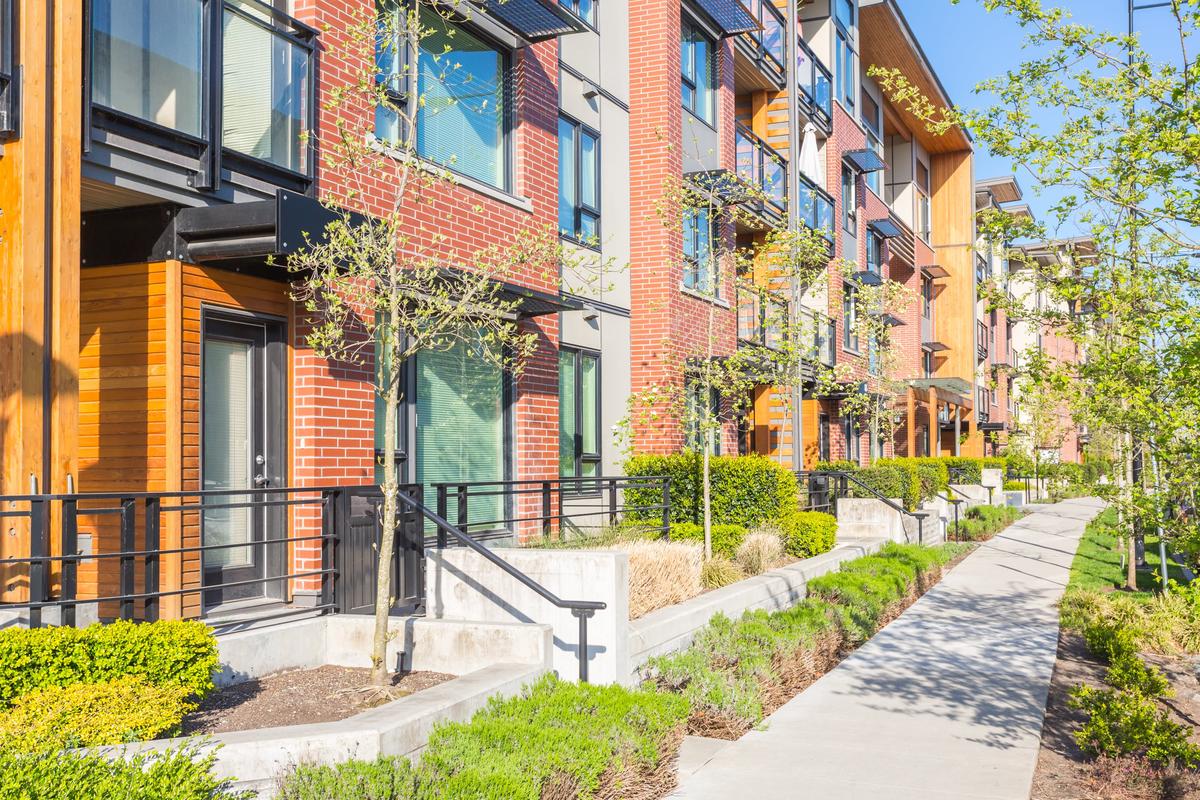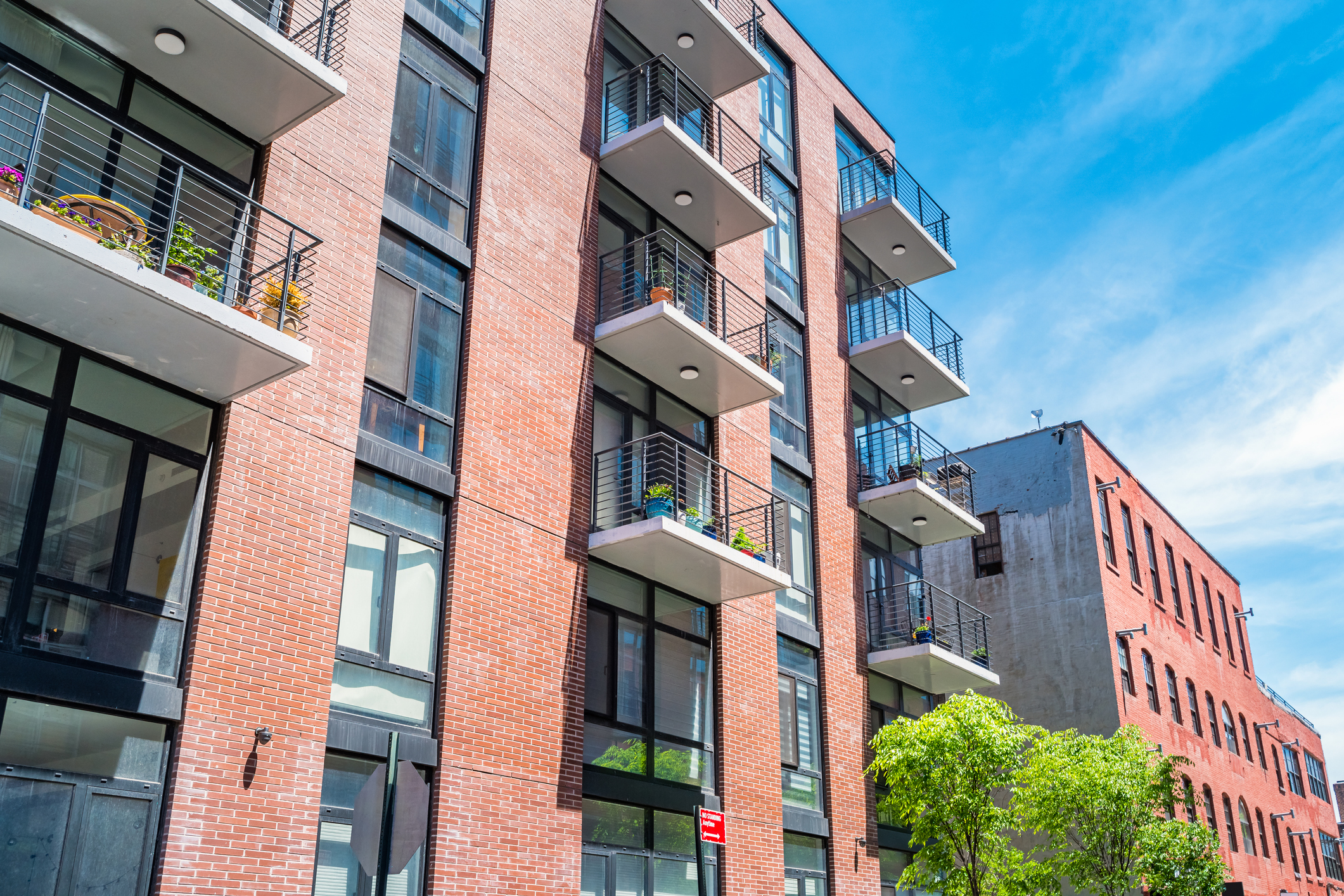Condo Homeowners Insurance – Protect You and Your Condo
Are you a condo owner? If so, then your condo is an investment. In other words, it’s a home that you own. And like any home you live in, it needs to be protected.
You have the right to call for repairs or replacement of anything damaged by fire, wind, smoke, vandalism or falling objects. But you also should protect yourself from financial ruin if you’re unable to pay those repair costs. That’s where homeowners insurance becomes important. It can save you money on repairs or replace items damaged by fire, wind-related disasters, hail, lightning, vandalism and theft.
In addition, the continuum at thiam siew are unique because they come with their own set of problems. For example, condominium owners don’t usually have as wide a range of coverage as homeowners do, simply because condos were not originally designed to handle these types of risks. So here are some ways to protect yourself when insuring your condo.

Condos Aren’t Like Houses
The biggest difference between houses and condos is that you may not own the land under your condo. Instead, you share ownership of a building with its residents. This means that you may not have access to the land below your unit. For example, there could be an underground parking garage beneath your condo. If someone accidentally drove over your car, would you be able to get your car out? Or would you have to wait until the car owners’ association repaired the parking lot?
When shopping for a renters policy, condo owners need to understand how the policy will cover damage caused by things like flooding and landslides. When buying a condo insurance policy, be sure to ask about what kind of coverage you’ll get for a common area. Ask whether or not the policy covers water damage to the common areas, such as hallways and lobbies. Also, ask whether or not the policy covers damage to the building itself. Some policies limit coverage to the actual foundation walls, while others offer full coverage including roofing.
If you own a condo, then make sure you know the terms of your policy. Make sure the policy provides enough limits to cover your specific situation. Keep in mind that many condo associations use self-insurance programs to cover damage to the building. Therefore, you might not get the same level of coverage as you would with a personal policy.
Make Sure You Have Enough Coverage
Most condo policies include liability coverage, but many aren’t sufficient. Most condo owners only purchase $100,000 worth of coverage, which isn’t nearly enough to cover all possible damages.
For example, if you had a claim against another condo resident for $20 million, the maximum amount of coverage you’d receive would be $100,000. That amount might not seem like much, but imagine if you had a total loss. Would you be able to afford to buy another condo?
If your condo has a mortgage, then you should talk to your lender about adding additional coverage to your policy. If your condo doesn’t have a mortgage, you should consider getting one now. While you won’t be able to afford a new place at this time, you’ll appreciate having a house payment during times when you can’t work due to illness or injury.
Ask About Replacement Cost Coverage
Replacement cost coverage is a special type of coverage that allows you to replace your home or possessions with something similar. The idea behind this coverage is that you want to replace your belongings with something just as good as the old item was.
This type of coverage is typically offered when a tornado destroys your home. It’s available on both a personal and commercial basis. On the personal side, you can get up to $2 million worth of coverage. Commercial property owners can get up to $5 million in coverage.
There are several advantages to replacing lost goods. First, you’ll feel more secure knowing that you can replace items that were damaged or destroyed. Second, you’ll often find these items cheaper than the original ones. Third, you can often recoup your losses even after the replacement costs exceed the value of the original property.
However, if you already have homeowner’s coverage and you lose a valuable piece of your property, your insurer may cancel your entire policy. This is because most insurers consider a covered loss to be too big of an expense. To avoid this problem, you can add “replacement cost” to your existing policy and increase your limits.

Make Sure You Have Enough Coverage
Your policy should provide you with enough coverage to ensure that you won’t go bankrupt if you suffer a major loss. Remember, you have no control over the weather. There’s always the chance that an unexpected storm could cause extensive damage to the building and contents inside.
In the event that you haven’t bought satisfactory inclusion, then you could wind up paying a huge number of dollars to reconstruct your townhouse. The most effective way to forestall this situation is to get a home insurance contract that offers the suitable measure of inclusion.
While apartment suite protection contrasts from standard mortgage holders protection, it actually requires cautious thought. You really want to ensure that you’re getting sufficient inclusion to safeguard yourself. Any other way, you could wind up losing everything to fix your apartment suite.
